Leading film executives explored ways to enhance international collaboration, during a Screen International and British Film Commission roundtable.
The UK’s increasing attractiveness as a potential co-production partner was one of the key talking points at a Cannes Film Festival roundtable hosted by Screen International and the British Film Commission, which brought together leading producers, film commissioners and funders.
Thanks to the new Independent Film Tax Credit and VFX tax reliefs as well as the backing available through the UK Global Screen Fund, European partners are beginning to view the UK film sector in a new and far more positive light.
“This has changed the dial around completely and we are dealing with co-production in a way we just haven’t for 20 years,” Adrian Wootton, chief executive of the British Film Commission, said as he surveyed the “remarkable” growth in the sector since the enhancement of the tax credits. “We have seen more film enquiries and film starts in the UK in the first four months of this year than we have for decades.”
Denitsa Yordanova, head of international funds and the UK Global Screen Fund, revealed that since the fund was formed four years ago, it has worked with 34 territories — “quite a global mix… we’ve supported around 60 productions with $12m (£9m) of funding from government”.
The UK, though, is not the only territory where co-production rates and inward investment have been growing thanks to fiscal incentives.
“Things are going great,” said Meghan Beaton, chief executive of the Norwegian Film Commission. With its 25% cash rebate geared toward large-scale projects, Norway has attracted the likes of Sinners, Mission: Impossible — The Final Reckoning and Superman. At the same time, local producers are working with new partners, including from the UK.
Norwegian producer Dyveke Bjorkly Graver of Eye Eye Pictures, one of the partners on Joachim Trier’s Competition title Sentimental Value, has UK partners on both Dara Van Dusen’s A Prayer For The Dying (produced by The Bureau with support from the Global Screen Fund) and Ruben Östlund’s The Entertainment System Is Down (co-produced by the UK’s Good Chaos).
“We have a lot of directors who want to do English language; it’s natural for us to go to the UK,” she said.
‘Creative impulse’
The Dutch are also seeing more co-production activity. The Netherlands has a 35% cash rebate aimed at smaller and mid-range projects; the incentive is capped at $3.3m (€3m).
“We aim to bring projects to the Netherlands that have both an economic and a creative impulse for our industry,” said Netherlands film commissioner Roeland Oude Nijhuis. “We are very happy with the way the Netherlands film industry is going.”
Dutch producers are also increasingly collaborating with UK partners; there is now a memorandum of understanding between the countries. Leontine Petit, CEO, producer and founder of Dutch outfit Lemming Film, is one of the most prolific co-producers in the Netherlands, working with filmmakers including Yorgos Lanthimos and Kleber Mendonca Filho. “Since I did my first course at EAVE, it was quite clear that co-producing was what I had to do. I always started with co-production,” she said.
In the UK, Lemming is now a minority partner on Marc Turtletaub’s Borges And Me and Simon Bird’s recently announced feature Pretend I Am Not Here with Matthew Broderick, Sally Hawkins and Martin Freeman.
The German industry is waiting for its 30% tax rebate to be rubber-stamped by its new government, but co-production remains high on the agenda, according to Christiane Krone-Raab, head of Berlin-Brandenburg Film Commission. Several top German producers have UK links.
“I’m a British-German co-production,” joked Sol Bondy, managing partner of Berlin-based One Two Films, whose mother is English and father is German. He was among several panellists who cautioned that creative considerations always matter more than nationality. “If I can tell stories that can travel the world more than I can, that is what I want to do,” Bondy said of his passion for co-production.
“We just want to make good films,” said UK producer Stephen Woolley who runs Number 9 Films with Elizabeth Karlsen. “If there is a script we like and it calls for working with European companies, we’ll do everything we can to make that work.”















![[L-R]: Amanda Villavieja, Laia Casanovas, Yasmina Praderas](https://d1nslcd7m2225b.cloudfront.net/Pictures/274x183/6/4/1/1471641_pxl_20251224_103354743_618426_crop.jpg)




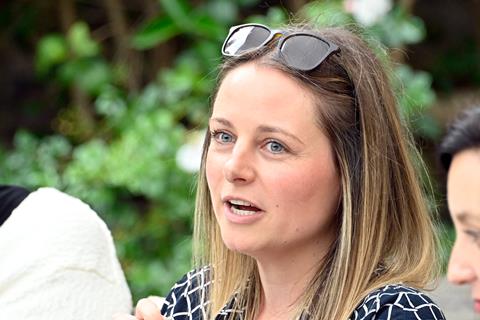
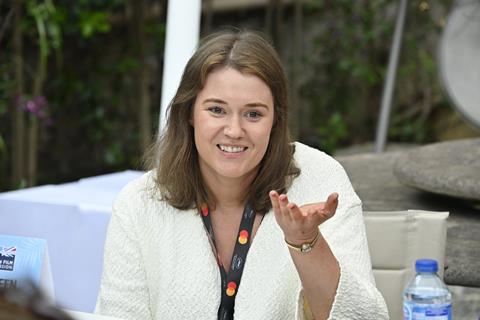
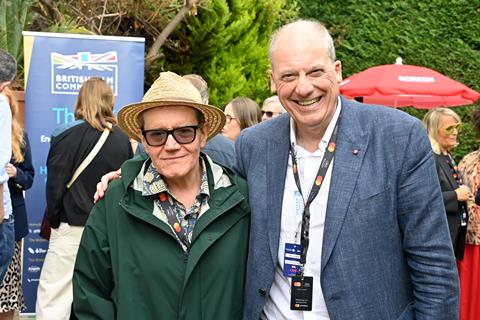
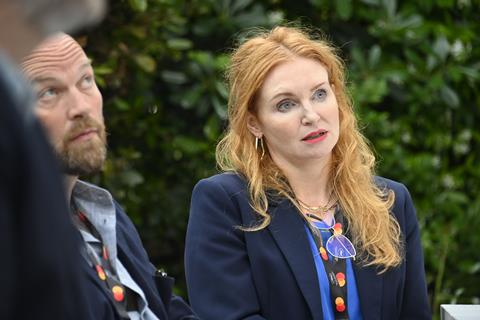


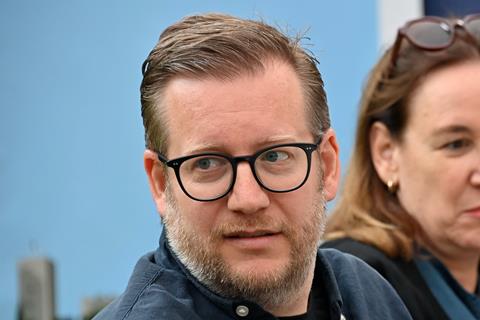
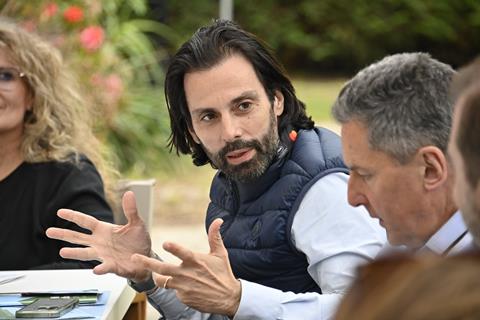


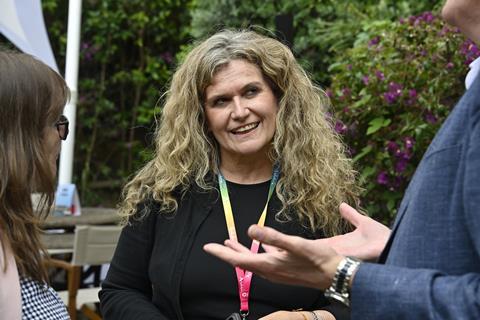






No comments yet